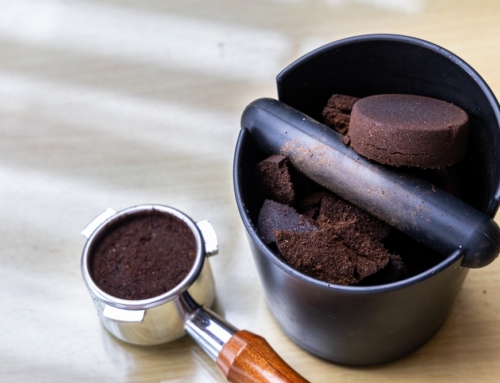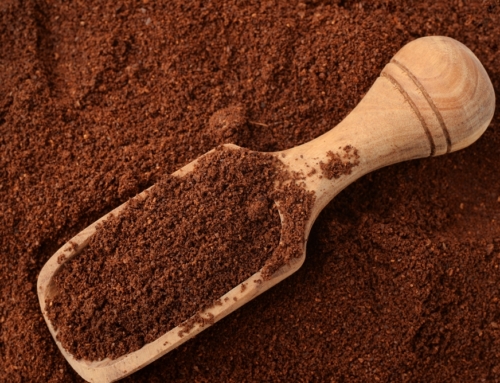In the vast and diverse world of coffee, there exists a niche yet highly intriguing category known as animal poop coffee. This unusual type of coffee, which involves beans that have passed through the digestive tract of various animals, is known for its exceptional smoothness and unique flavor profiles. Despite its eyebrow-raising production method, these coffees have garnered a reputation as some of the most expensive and sought-after brews globally.
The Science Behind Poop Coffee
The process that turns regular coffee beans into prized poop coffee involves animals consuming the coffee cherries and then excreting the beans. During digestion, the enzymes and acids in the animal’s stomach break down the proteins that typically give coffee its bitterness. The result is a coffee bean that, once cleaned and roasted, produces a remarkably smooth and distinctive cup of coffee.
Types of Animal Poop Coffee
- Civet Cat Poop Coffee (Kopi Luwak): Originating from Indonesia, Kopi Luwak is perhaps the most famous of all animal poop coffees. Civet cats consume the ripest coffee cherries, and their digestive process imparts a unique flavor to the beans. The rarity and labor-intensive collection process contribute to its high price.
- Elephant Poop Coffee: Known as Black Ivory Coffee, this variant is primarily produced in Thailand. Elephants consume the coffee cherries, and the beans are harvested from their waste. The long digestive process of elephants, which is highly effective at breaking down the coffee’s proteins, results in an exceptionally smooth coffee.
- Monkey Poop Coffee: In parts of India and Taiwan, monkeys are known to pick and eat coffee cherries. The beans they excrete are then collected, cleaned, and processed into coffee that boasts a light and sweet profile.
- Bird Poop Coffee: While less common, some regions in South America have explored using birds like pigeons to create a similar product. The beans pass through the birds, resulting in a coffee with distinct characteristics.
Ethical and Environmental Considerations
The production of animal poop coffee, particularly civet cat coffee, has faced significant ethical scrutiny. Concerns over the welfare of the civets, often kept in poor conditions and force-fed coffee cherries, have prompted calls for more humane practices and regulation. In response, some producers now focus on wild-sourced beans, where animals are not caged and can eat freely, though this makes the beans even rarer and more expensive.
Market and Popularity
Despite the controversies, the demand for these exotic coffees remains high among connoisseurs and curious consumers alike. The rarity, unique production process, and the story behind each cup make them highly prized. For instance, the price for monkey poop coffee can be exorbitant, reflecting its uncommon nature and the extensive effort required to produce just a small batch.
Conclusion
Animal poop coffee continues to occupy a niche but a prominent position in the coffee industry. Its production from the feces of various animals might seem bizarre to the uninitiated, but for many coffee enthusiasts, the unique flavors justify the unconventional method. As the market for these luxury coffees grows, so too does the importance of ensuring ethical practices in their production. For those adventurous enough to try, animal poop coffee offers a tasting experience that is as unique as its origin story.













